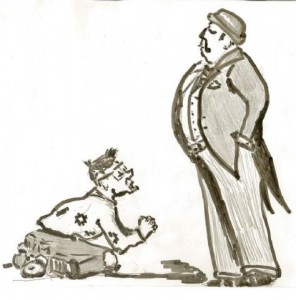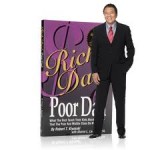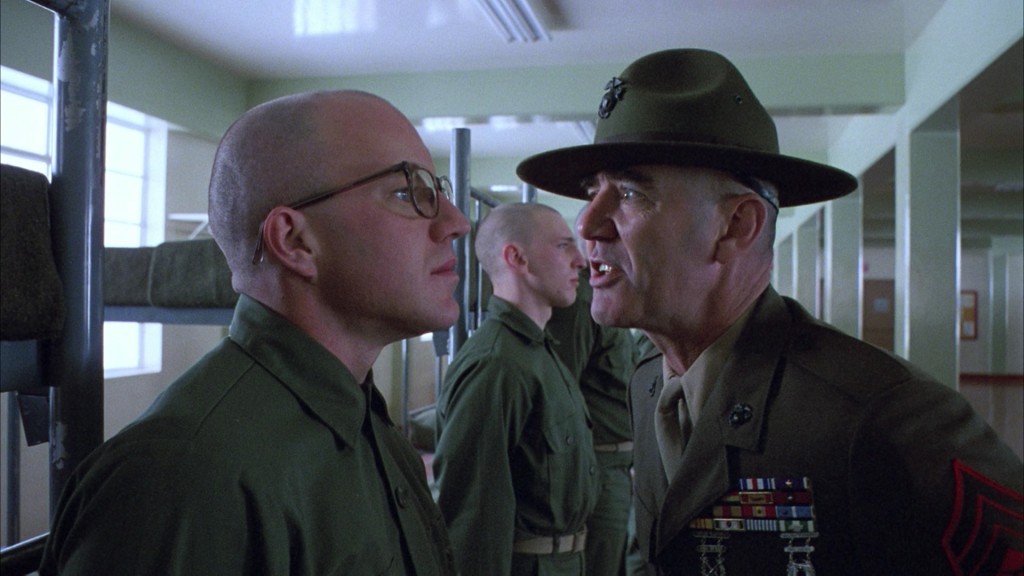I recently read Rich Dad, Poor Dad by Robert Kiyosaki for the first time.
I would never have picked it up if RedpoleQ hadn’t urged me to, suggesting that it would change the way I thought about money. I’m usually really skeptical about self help books and I prefer to learn from people who have a great public track record. Robert Kiyosaki didn’t seem like one of those people – he wasn’t on CNN before his book came out, I haven’t seen him on any wealthiest people lists, and I definitely don’t know him in real life, so there was little to no evidence for his brilliance when it comes to business or personal finance.
And personal finance is very important when it comes to women. One of the most attractive characteristics a guy can have is his own personal financial success. As much as people would like to think they can get high quality girls without being wealthy – and they can – having wealth definitely makes dating those kind of women easier. All women are attracted to value, and having wealth, or the means to obtain wealth, is a key part of what it means to have high value. It’s valuable because it serves as an enabler, a tool that allows a potential long term mate to provide the type of lifestyle that a woman craves, and type of future that she wants her children to have.
I’ve been on a personal quest to improve this part of my life for a while, so I thought it would be at least worth looking into.
The Good
 The advice Kiyosaki gives in Rich Dad Poor Dad is great. Kiyosaki goes through some basic truths about investing and money management that most people these days seem to ignore. The fact that people are buying first and paying later for a lot of big ticket items seems to be a popular cancer affecting our age. Gone are the days where you worked hard to save the money needed to buy what you wanted – credit cards, lines of credit, mortgages, reverse mortgages, layaways, and monthly installments have twisted a knife firmly into that old habit. In the process, many people have stumbled into a lifetime of slavery to the goods and services they want so badly. Ultimately, Kiyosaki says there is nothing wrong with having nice things but people have to recognize that they are putting themselves in a situation where they have to toil away – many at jobs they hate – just to afford their lifestyle. Worse, the financial and emotional stress that comes when employment isn’t secure, or when people try to keep up with the neighbors, can be crippling.
The advice Kiyosaki gives in Rich Dad Poor Dad is great. Kiyosaki goes through some basic truths about investing and money management that most people these days seem to ignore. The fact that people are buying first and paying later for a lot of big ticket items seems to be a popular cancer affecting our age. Gone are the days where you worked hard to save the money needed to buy what you wanted – credit cards, lines of credit, mortgages, reverse mortgages, layaways, and monthly installments have twisted a knife firmly into that old habit. In the process, many people have stumbled into a lifetime of slavery to the goods and services they want so badly. Ultimately, Kiyosaki says there is nothing wrong with having nice things but people have to recognize that they are putting themselves in a situation where they have to toil away – many at jobs they hate – just to afford their lifestyle. Worse, the financial and emotional stress that comes when employment isn’t secure, or when people try to keep up with the neighbors, can be crippling.
Kiyosaki contrasts this to the way the rich live. According to Kiyosaki, the rich don’t actually work for money, they have money work for them. Instead of  working hard at jobs to afford things their neighbors have, they work to invest their money into assets that produce a cash flow and yield the highest possible return. To become wealthy, Kiyosaki says, means fine-tuning your ability to see the investment opportunities in front of you then capitalizing on them in order to build a solid cash flow. It’s this path that Kiyosaki urges readers to take.
working hard at jobs to afford things their neighbors have, they work to invest their money into assets that produce a cash flow and yield the highest possible return. To become wealthy, Kiyosaki says, means fine-tuning your ability to see the investment opportunities in front of you then capitalizing on them in order to build a solid cash flow. It’s this path that Kiyosaki urges readers to take.
The rest of the book supports these basic ideas. The principles of paying yourself first, of making low-ball offers to chance buying an asset on the cheap, of understanding the weaknesses inherent in assets that don’t produce cash are all suggestions to help people avoid liabilities and build cash flow through acquiring cash-producing assets.
The Bad
The book serves as a great motivational tool. Reading it, I had an instant urge to stop and think about possible investment opportunities available to me in Seoul, my current home.
Unfortunately, beyond his two basic principles and a handful of suggestions about improving your daily habits, he doesn’t really offer a blueprint or formula to help his readers get there. In other words, this is not a detailed ‘how to’ book, or a step by step guide for how to get rich. I guess this is partly because the subject of investment is so broad that it can’t actually be successfully covered in a mere couple hundred pages. A couple years ago I bought the investment classic Security Analysis by Benjamin Graham, probably the best investment book ever written, and one that skims over just one investment philosophy in a leisurely 700 pages.
Another limitation is that some of his suggestions leave people open to profound risk. Paying yourself first would be one of them. Not being able to come up with rent money, for example, could easily leave you moving into a hotel room for a week in a seedy part of town. While some people might be comfortable with this type of risk, I’m definitely not, so I’ll make sure to pay myself first only when my situation allows me to do so.
Ultimate Recommendation: Buy it!
This book is fundamentally important to anyone who wants to build wealth. The principles he talks about are timeless, and make a lot of sense. I would even say they’re key to building wealth, and ignoring them will ensure you keep from reaching financial freedom. I’m lucky that I grew up with these values, so a lot of what I read was how I thought in the first place, but for a lot of my friends – sadly – this is just not the case.
While at first I was very skeptical about the book, and Kiyosaki’s track record, the principles he draws on are consistent with the advice that people like Warren Buffett and Peter Lynch give. If you haven’t read much about personal finance then this book would be a great place to start – it will change the way you think about money and life. On the other hand, if you’re more experienced with investments, there are still some gems of wisdom tucked within the book’s pages that make pickup the book well worth the few dollars you’ll spend on it. For $7, the price of a coffee and a muffin, you can’t go wrong.




Pingback: Why Do I Get Rejected by Women? | Asian Dating Monthly
I would be careful about recommending Kiyosaki’s books. This one was supposed to be autobiographical. However, others have looked into the claims he made and have pretty much proven that many were straight-out lies. When given opportunities to disprove the claims, Kiyosaki declined to do so, saying something like “Well, what I said didn’t have to be true as long as the points I was trying to were valid.” In other words, it is ok to lie to make a point. And, if he were as rich as he claims, why is he hustling a self-improvement gig?
I cover some of the limitations in the above article, but just to address your point that if he was really rich he wouldn’t be writing self-help: Ben Graham was one of the most successful investors on Wall Street and wrote a few self-help books. So did Dale Carnegie, one of America’s great business leaders. My point is, being successful doesn’t mean a person won’t write self-help books. In some cases they want to teach others, and gain value that way.
From what I read in the book, most of it makes intuitive sense and is consistent with sound investing practices.
Who cares as long as the information is helpful. If it weren’t for me reading this book when I graduated from University, I would’ve been a banker and there would be no Asian Dating Monthly.